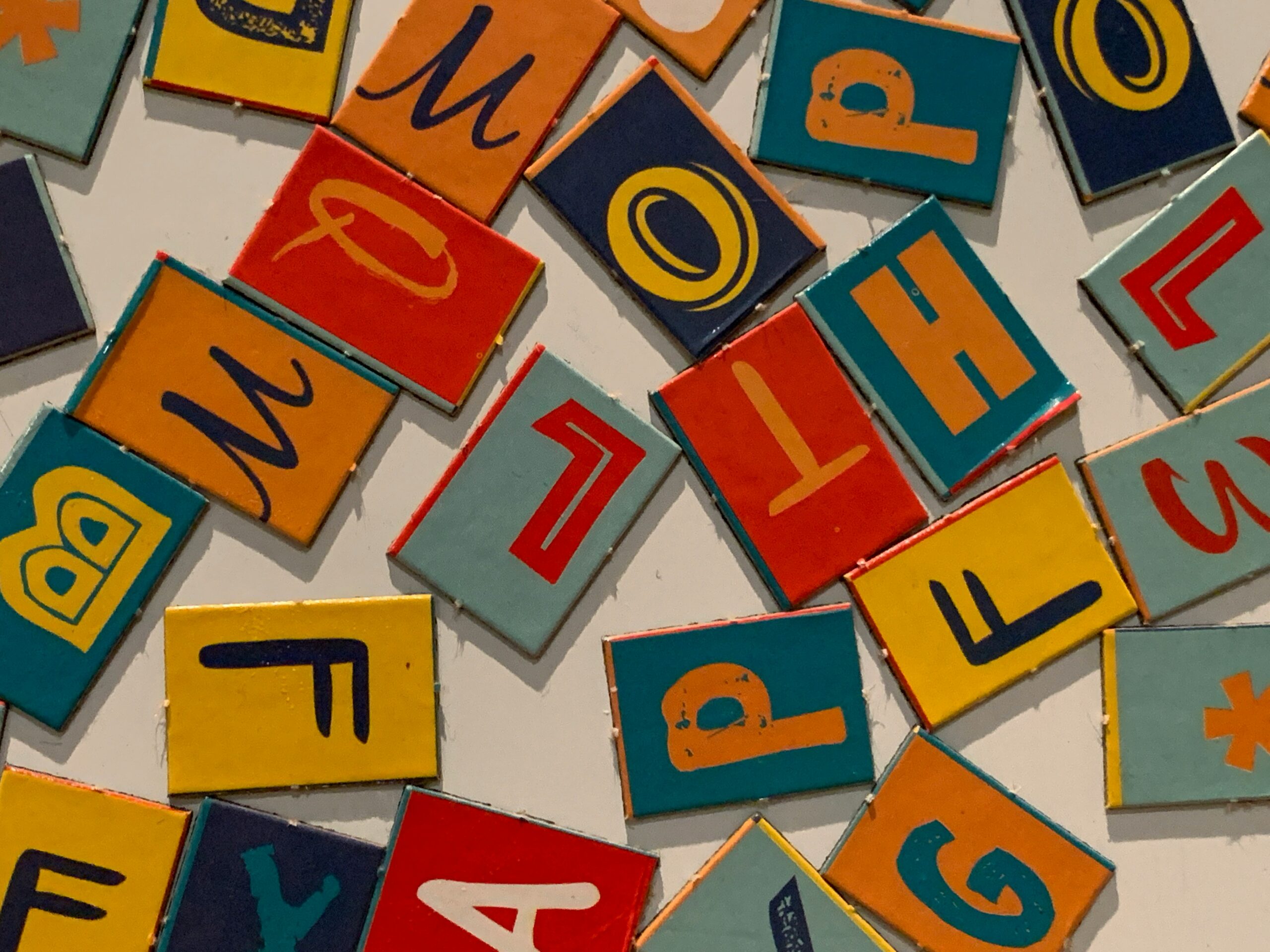Mastering the German language can be an exciting adventure, but understanding and using slang elevates your language skills to a whole new level. Slang not only makes you sound more like a native speaker but also helps you build deeper social connections. In this blog post, we’ll explore some popular German slang words and phrases and offer valuable tips on making friends and enjoying your social life in Germany.
Popular German Slang Words and Phrases
- Alter! (Pronounced: al-ter)
- Meaning: Literally „old one,“ but used as „dude“ or „man.“
- Example: „Alter! Das war ein tolles Konzert!“ (Dude! That was a great concert!)
- Geil
- Meaning: Originally means „horny,“ but commonly used to mean „cool“ or „awesome.“
- Example: „Das ist so geil!“ (That’s so awesome!)
- Krass
- Meaning: Intense, awesome, or crazy, depending on context.
- Example: „Das war ein krasser Film.“ (That was an intense movie.)
- Bock haben
- Meaning: To be in the mood for something.
- Example: „Hast du Bock auf Pizza?“ (Do you feel like having pizza?)
- Hammer
- Meaning: Amazing or fantastic.
- Example: „Das war eine Hammer-Party!“ (That was an amazing party!)
- Jemanden abziehen
- Meaning: To rip someone off.
- Example: „Der Verkäufer hat mich abgezogen.“ (The seller ripped me off.)
- Läuft bei dir
- Meaning: Used to say „You’re doing great“ or „Things are going well for you.“
- Example: „Hast du den neuen Job bekommen? Läuft bei dir!“ (Did you get the new job? You’re doing great!)
- Moin
- Meaning: A casual greeting, similar to „hi“ or „hello,“ used primarily in northern Germany.
- Example: „Moin! Wie geht’s?“ (Hi! How’s it going?)
- Quatsch
- Meaning: Nonsense or rubbish.
- Example: „Das ist doch Quatsch!“ (That’s nonsense!)
- Sau- (prefix)
- Meaning: Adds emphasis, similar to „super“ or „very.“
- Example: „Das ist saucool!“ (That’s super cool!)
- Zocken
- Meaning: To play video games.
- Example: „Ich zocke heute Abend.“ (I’m gaming tonight.)
- Dufte
- Meaning: Great or fantastic (a bit old-fashioned but still used).
- Example: „Das ist echt dufte.“ (That’s really great.)
- Chillen
- Meaning: To relax or hang out.
- Example: „Lass uns am Wochenende chillen.“ (Let’s hang out on the weekend.)
- Abhängen
- Meaning: To hang out.
- Example: „Ich hänge heute mit Freunden ab.“ (I’m hanging out with friends today.)
- Kohldampf haben
- Meaning: To be very hungry.
- Example: „Ich habe total Kohldampf.“ (I’m really hungry.)
- Kiez
- Meaning: A neighborhood or district, often used in Berlin.
- Example: „Ich wohne im coolsten Kiez der Stadt.“ (I live in the coolest neighborhood in the city.)
- Knorke
- Meaning: Cool or great (another old-fashioned term making a comeback).
- Example: „Das Konzert war echt knorke.“ (The concert was really great.)
- Abkratzen
- Meaning: To die or kick the bucket.
- Example: „Der Fisch ist gestern abgekratzt.“ (The fish kicked the bucket yesterday.)
- Verdaddeln
- Meaning: To waste time or mess something up.
- Example: „Ich habe den ganzen Tag verdaddelt.“ (I wasted the whole day.)
- Tachchen
- Meaning: A casual way to say „hello“ or „hi.“
- Example: „Tachchen! Alles klar?“ (Hi! Everything alright?)
Useful Expressions for Everyday Situations
- Mach’s gut!
- Meaning: Take care!
- Example: „Bis morgen! Mach’s gut!“ (See you tomorrow! Take care!)
- Kein Ding
- Meaning: No problem or don’t mention it.
- Example: „Danke für deine Hilfe!“ – „Kein Ding.“ (Thanks for your help! – No problem.)
- Na?
- Meaning: A very casual way to say „What’s up?“ or „How are you?“
- Example: „Na, alles klar?“ (Hey, everything alright?)
- Besserwisser
- Meaning: Know-it-all.
- Example: „Er ist so ein Besserwisser.“ (He is such a know-it-all.)
- Jein
- Meaning: A combination of „yes“ (ja) and „no“ (nein), meaning „yes and no.“
- Example: „Magst du den Film?“ – „Jein, er war okay.“ (Did you like the movie? – Yes and no, it was okay.)
- Ich drücke dir die Daumen
- Meaning: I’m keeping my fingers crossed for you.
- Example: „Ich drücke dir die Daumen für dein Interview.“ (I’m keeping my fingers crossed for your interview.)
- Auf jeden Fall
- Meaning: Definitely or in any case.
- Example: „Wir müssen uns auf jeden Fall treffen.“ (We definitely need to meet.)
- Ich verstehe nur Bahnhof
- Meaning: It’s all Greek to me (literally: I only understand train station).
- Example: „Als er das erklärte, habe ich nur Bahnhof verstanden.“ (When he explained that, I didn’t understand a thing.)
- Jetzt geht’s los!
- Meaning: Here we go! or Let’s get started!
- Example: „Der Film beginnt. Jetzt geht’s los!“ (The movie is starting. Here we go!)
- Bockmist
- Meaning: Bullshit or nonsense.
- Example: „Das ist totaler Bockmist.“ (That’s total bullshit.)
Tips for Building a Social Life in Germany
1. Join Clubs and Organizations
Germany is known for its plethora of clubs (Vereine) catering to various interests, from sports to hobbies to cultural activities. Joining a club is a great way to meet people with similar interests and immerse yourself in the local community.
Tip: Look for university clubs, sports teams, or local hobby groups. Websites like Vereinsverzeichnis or Meetup can help you find clubs near you.
2. If you are Christian: Join Christian Organizations
Germany boasts a vibrant Christian community with various clubs, organizations, and church groups. Joining a Christian club or organization can be a wonderful way to meet like-minded individuals who share your faith and values. These groups often organize social events, bible studies, and community service activities, providing ample opportunities to connect with others in a meaningful way.
Tip: Look for Christian youth groups, university campus ministries, or local church communities. Participating in activities such as youth retreats, bible studies, or volunteering for church events can help you forge friendships with fellow believers.
3. Attend Social Events and Festivals
Germany is famous for its vibrant festivals and local events. Whether it’s Oktoberfest, Christmas markets, or local town festivals, these events offer fantastic opportunities to socialize and practice your German in a fun, relaxed environment.
Tip: Check local event calendars such as Eventbrite or community bulletin boards in your neighborhood for upcoming events.
4. Take Language Classes
Enrolling in language classes not only improves your German but also helps you meet other expatriates and locals eager to learn. Many language schools offer social activities outside of class to encourage interaction.
Tip: Participate in language exchange meetups (Tandem partners) to practice German with native speakers and teach them your language in return. Apps like Tandem or HelloTalk can facilitate finding a language exchange partner.
5. Use Social Media and Apps
There are numerous apps and social media platforms designed to help people connect, such as Meetup, InterNations, and local Facebook groups. These platforms often have events, meetups, and forums where you can find friends and social activities.
Tip: Be active on these platforms, join discussions, and attend meetups. Engaging with online communities can lead to real-life friendships.
6. Be Open and Approachable
Germans may come across as reserved initially, but they are friendly and welcoming once you get to know them. Be open, approachable, and willing to engage in conversations.
Tip: Show genuine interest in German culture, customs, and language. A little effort goes a long way. Consider learning about local customs and traditions through resources like „Living in Germany“ or the Goethe-Institut website.
7. Explore Cafes and Pubs
Regularly visiting local cafes and pubs can help you become a familiar face in the neighborhood. Germans value loyalty and consistency, so frequenting the same places can lead to making acquaintances and eventually friends.
Tip: Engage in casual conversations with the staff and other regulars. Don’t be afraid to strike up a conversation about the weather, local news, or ask for recommendations.
8. Volunteer
Volunteering for a cause or local organization is a great way to meet people and contribute to the community. It’s also an excellent opportunity to practice German and learn more about local issues.
Tip: Look for volunteer opportunities on websites like Freiwilligenagenturen or through local community centers.
Understanding German Cultural Nuances
Direct Communication
Germans are known for their direct communication style. They value honesty and straightforwardness, which can sometimes be mistaken for rudeness. However, it’s just a cultural norm to be direct and to the point.
Tip: When communicating, be clear and concise. Avoid beating around the bush and appreciate others‘ honesty.
Punctuality
Punctuality is highly valued in Germany. Being on time is a sign of respect and reliability.
Tip: Always aim to arrive a few minutes early for appointments or social gatherings. If you are running late, inform the person waiting as soon as possible.
Formality
Germans tend to maintain a level of formality in both professional and social contexts, especially when meeting someone for the first time.
Tip: Use formal titles and last names until invited to use first names. A firm handshake and direct eye contact are also important.
Conclusion
Mastering German slang and understanding cultural nuances can significantly enhance your social experience in Germany. By embracing local expressions and actively seeking social interactions, you’ll not only improve your language skills but also build meaningful relationships. Remember, the key to a fulfilling social life in Germany is openness, effort, and willingness to engage with the language and its people. Viel Spaß und viel Erfolg! (Have fun and good luck!)
I hope you find this guide to German slang and social life helpful. Feel free to share your experiences and additional tips in the comments below. If you have any questions or need further advice, don’t hesitate to ask. Happy learning and socializing in Germany!


